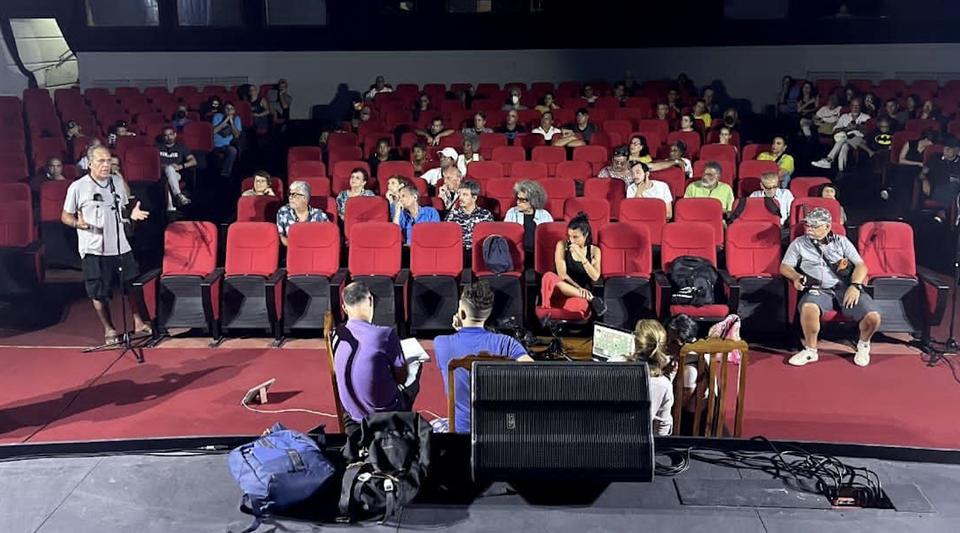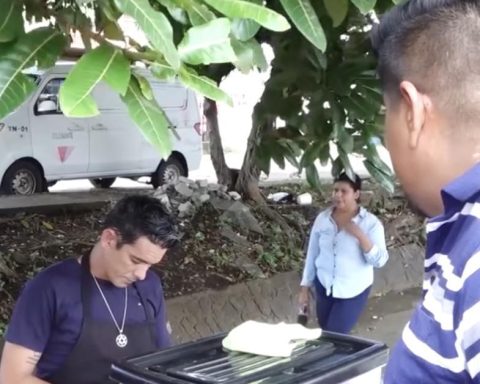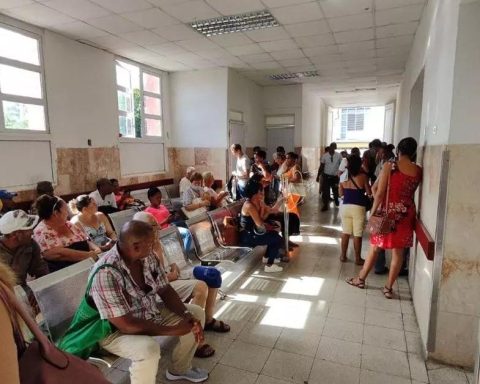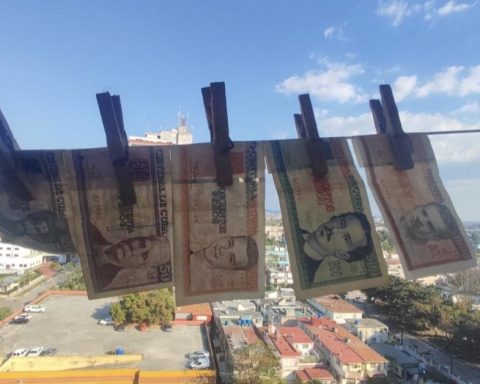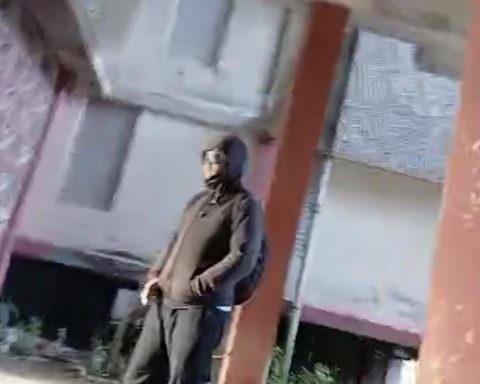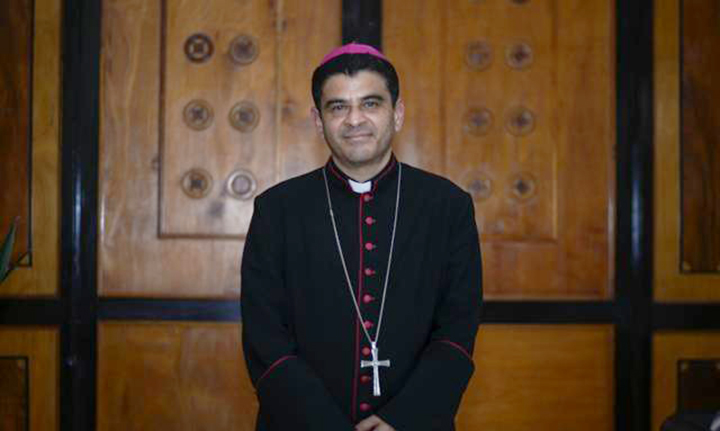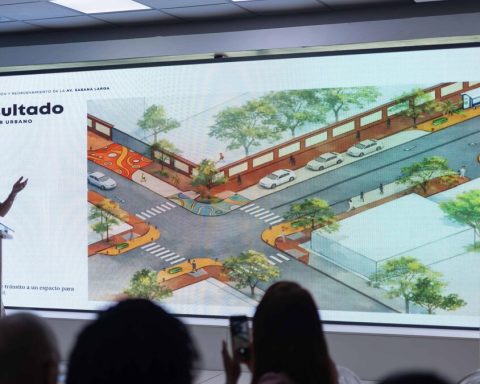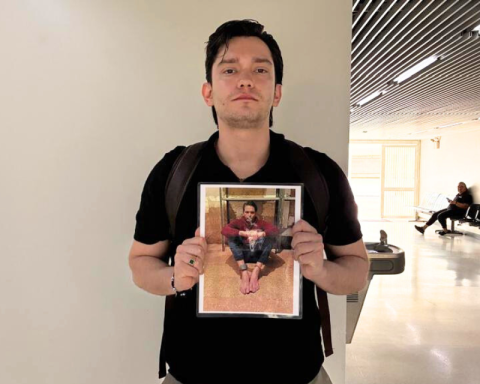A half-hour blackout delayed the meeting of the Assembly of Cuban Filmmakers scheduled this Monday at 9:00 am at the 23 and 12 cinema in Havana. The filmmakers, who had invited some thirty professionals from other provinces and residents outside the Island to join the meeting via Internet, set out to create “an organizational structure” to consolidate its operation.
Among the main issues discussed were the need to draft a Film Law, “in the preparation of which professionals from the industry such as the G-20 group must be taken into account,” whose members –among whom are the directors Fernando Pérez and Rebeca Chávez– have presented projects similar to the Assembly’s to the authorities since 2013. In addition, the harmful scope of Decree-Law 373, which regulates audiovisual and cinematographic creation and the rehabilitation of censored works and authors, was discussed.
Other topics discussed were the safeguarding of Cuban cinematographic heritage, the autonomy of the Fund for the Promotion of Cuban Cinema –a state scholarship intended to support creation– and the possibility of uniting, in a single organization, all Cuban filmmakers, regardless of whether whether or not they reside on the Island.
The harmful scope of Decree-Law 373, which regulates audiovisual and cinematographic creation and the rehabilitation of censored works and authors, was discussed.
In the declaration of the Assembly, published this Tuesday on its official Facebook page, the group’s disagreement is expressed with the response that the authorities of the Government and the Party gave to the formal complaints presented on June 23 at the Chaplin Cinema in Havana. and institutions are required to focus on “fulfilling their true social function, without going to the detriment of artists.”
The systematic protests as a result of the illegal projection on Cuban Television of the documentary Fito’s Havanaby director Juan Pin Vilar and producer Ricardo Figueredo, have prepared the ground to discuss other critical issues with cultural representatives of the regime, such as the constant censorship of independent works and creators and the unjustified suppression of spaces such as the Muestra Joven, dedicated to exhibiting the works of filmmakers under 35 years of age.
In relation to the Pin Vilar documentary, the Assembly demanded that the Cuban Institute of Cinematographic Art and Industries (Icaic), the Ministry of Culture and the Institute of Information and Social Communication (IICC) clarify the “exceptionality criteria” to which they made reference as justification for the illegal screening of the documentary, and demanded “a compensatory response from those responsible for the events that occurred, with these filmmakers, and with the Cuban artistic community”
The filmmakers also announced the renewal of the Assembly’s structure, dividing it into four commissions in charge of managing the group’s internal affairs: cultural policy, censorship and exclusion, laws and decrees, and production. Each of the members of these working groups “will be chosen by voting,” they agreed.
Another issue debated was the possibility of bringing together, in a single organization, all Cuban filmmakers, regardless of whether or not they reside on the island.
Those attending the event also assured that “there was no participation of representatives of any government institution or the press” and that the meeting was recorded “in its entirety”, in contrast to the meeting held with government officials on June 23, in which the The leaders opposed the meeting being recorded on video by the filmmakers who were present. Despite this, the filmmaker Miguel Coyula managed to post multiple snippets audio and video captured at the meeting.
The initial declarations of the group against the unethical procedure of Cuban Television have been signed, so far, by more than 600 filmmakers, intellectuals and artists, which implies a direct questioning of the cultural policies of the regime.
“I congratulate you, you are setting a precedent in dialogue with officials,” wrote professor Alina Bárbara López – harassed for weeks by State Security in Matanzas – in the comments at the bottom of this Tuesday’s statement. In addition, she urged creators to continue contributing “to the present and future, not only of Cuban culture, but of the current politics of the nation.”
________________________
Collaborate with our work:
The team of 14ymedio He is committed to doing serious journalism that reflects the reality of deep Cuba. Thank you for accompanying us on this long road. We invite you to continue supporting us, but this time becoming a member of our newspaper. Together we can continue transforming journalism in Cuba.
